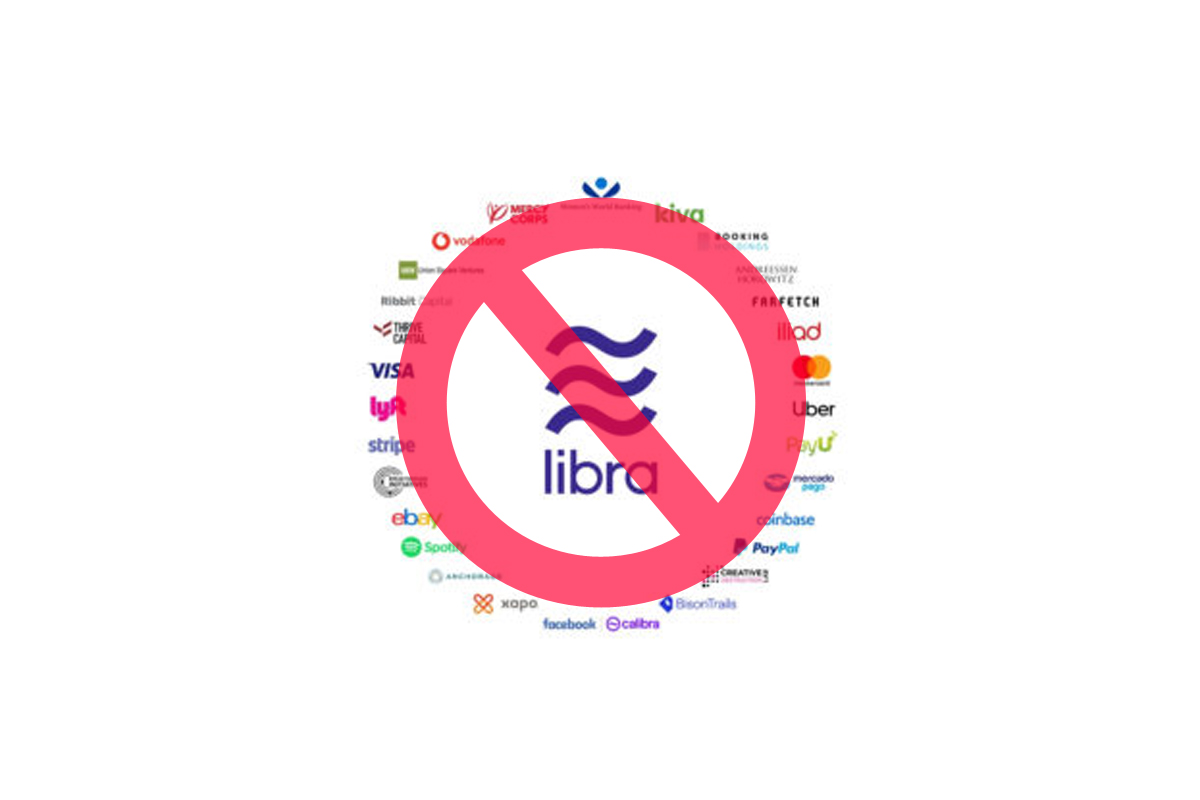Italy’s State-Owned Bank Trials Digital Bonds on Polygon Blockchain
The European Central Bank initiated the trial to explore how blockchains can enhance central bank settlement.

Barry Eichengreen, a professor from the University of California Berkeley, believes that contentious cryptocurrency Libra has too many factors against it to ever launch.
Speaking at the digital Unitize conference, Eichengreen stated that he thinks that Libra is an interesting concept, but it will ultimately “never see the light of day“. He suggests that Facebook’s planned cryptocurrency has too many problems which will never find a resolution and that there is too much government resistance for it to launch.
With Libra hoping to become a stablecoin pegged to a fixed rate to reduce volatility (which cryptocurrencies like Bitcoin famously face), Eichengreen also commented on the nature of stablecoins in the cryptocurrency industry. He said that the sector is ignorant when it comes to financial economics and history. His economic experience has provided Eichengreen with a number of lunch invitations from founders, funders, and investors who are looking into prospective stablecoins. On these invitations, the professor offered that his conclusion “was that my luncheon companions knew all about blockchain, but they didn’t know much about monetary economics.”
Eichengreen added:
“Stablecoins are either fragile — they are prone to attack and collapse if they are only partially backed or collateralized with actual dollars or dollar bank balances, or they are prohibitively expensive to scale-up if they are, in fact, fully or over-collateralized.”
Read more: What Is A Stablecoin?
Eichengreen raised concerns about Libra as a global stablecoin, thinking that it will negatively disrupt the economies of countries. He noted that, if accepted, Libra stands the risk of undermining national financial policies. Practically speaking, he commented that individuals in countries with weak or inherently volatile currencies might choose to completely disregard their local currency and adopt the international (and more stable) Libra coin.
Furthermore, Eichengreen made reference to the risk of the over-collateralization of Libra, noting that high fees limit adoption and so if the “fees are going to be kept low [it will raise] questions about the adequacy of the capital buffer.”
The European Central Bank initiated the trial to explore how blockchains can enhance central bank settlement.
n recent months, inflation measures, including the Consumer Price Index and Personal Consumption Expenditures Index, have moderated.
BlockFi clients are to note that client communications will exclusively occur through official email channels.
CryptoQuant CEO says Bitcoin is still vulnerable to “speculative FUDs,” giving smart money a way to buy up cheap BTC.